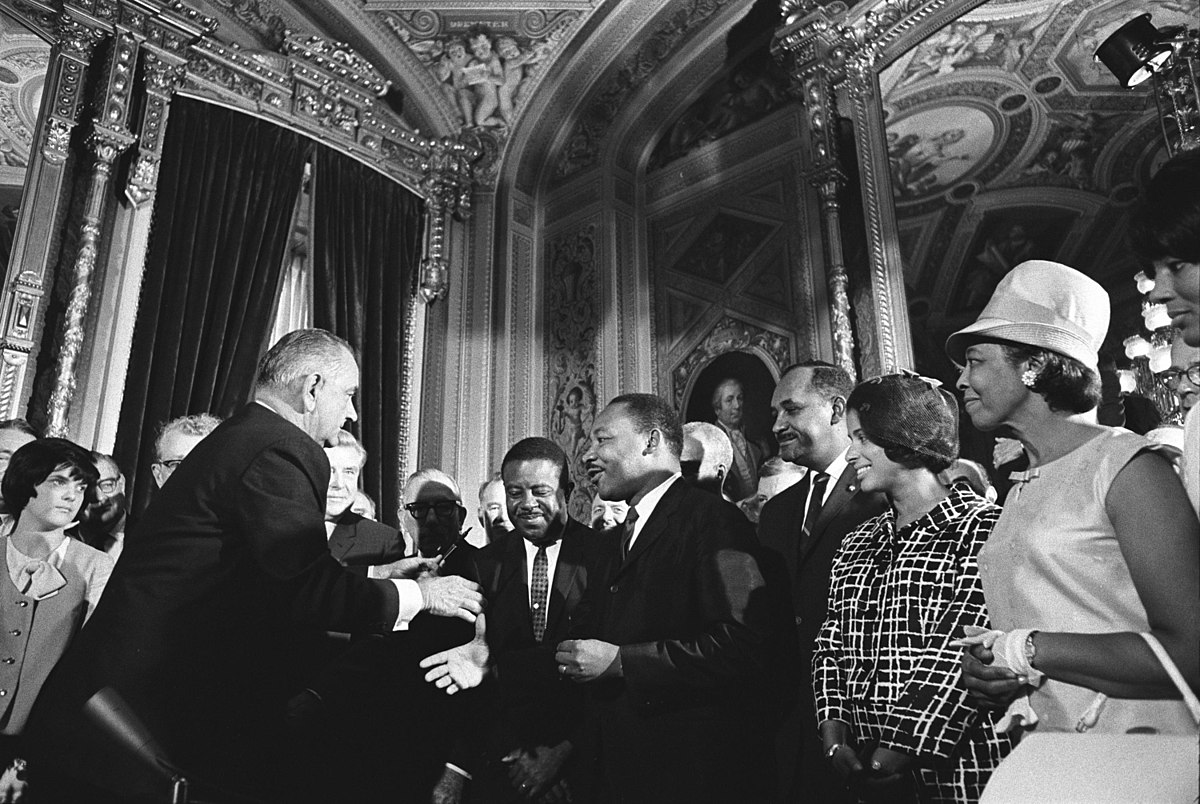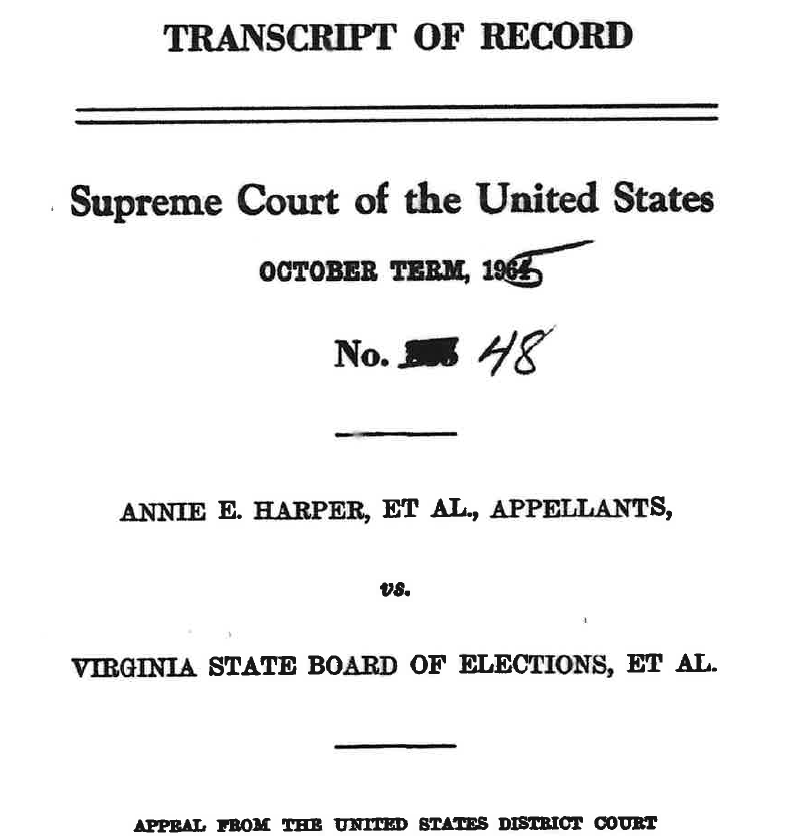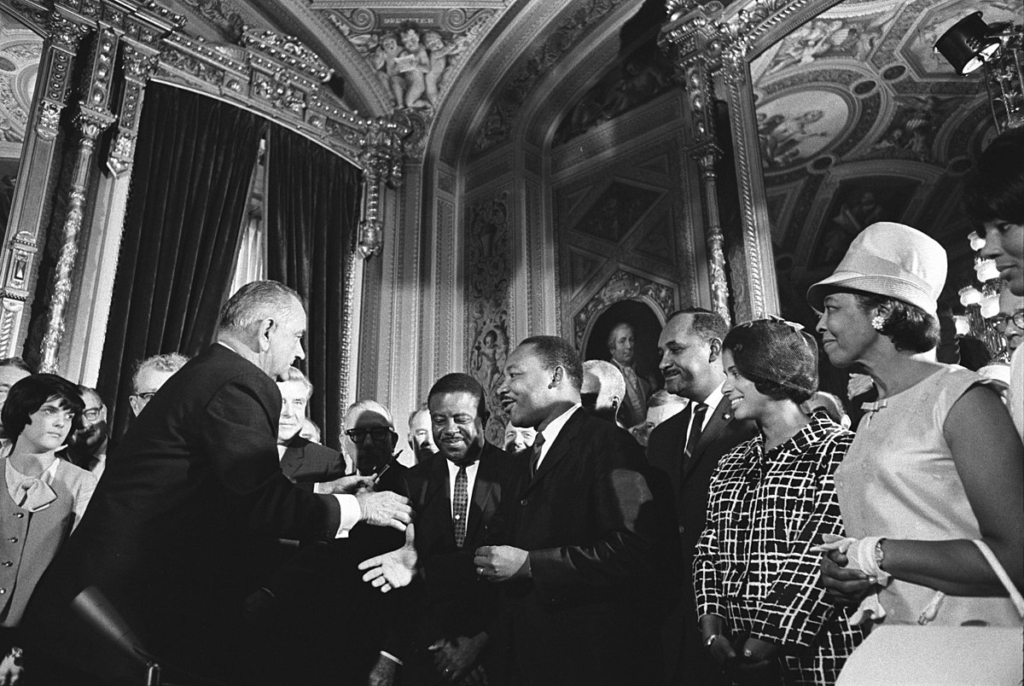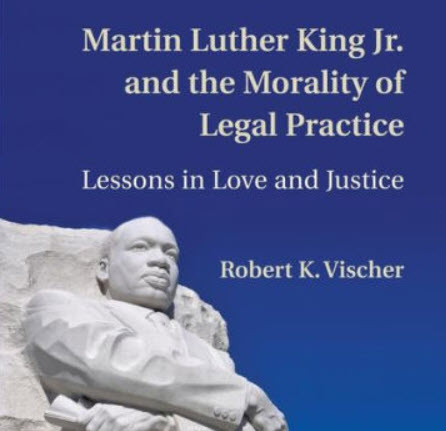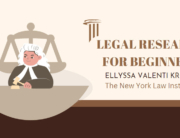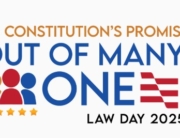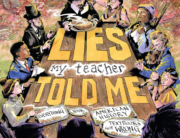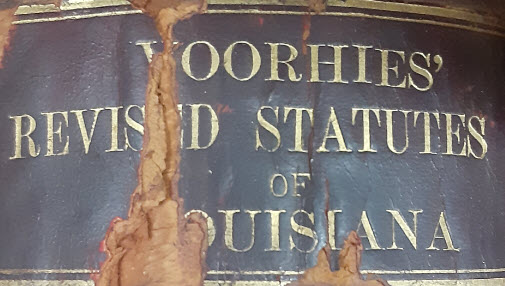
In 1964, nearly 100 years after the Civil War ended, numerous peaceful demonstrations were organized by Civil Rights leaders such as Dr. Martin Luther King. And, increasingly, these protests were met with violence. Voting rights activists Michael Schwerner, James Chaney and Andrew Goodman traveled to Mississippi to register African-American voters and were killed by the Klan in June 1964. March 7, 1965 became known as “Bloody Sunday”, with hundreds of protestors beaten and tear gassed by state troopers in Selma, Alabama. The nightly news broadcast this shameful sight to the nation — a major factor leading to the passage of the Voting Rights Act of 1965.
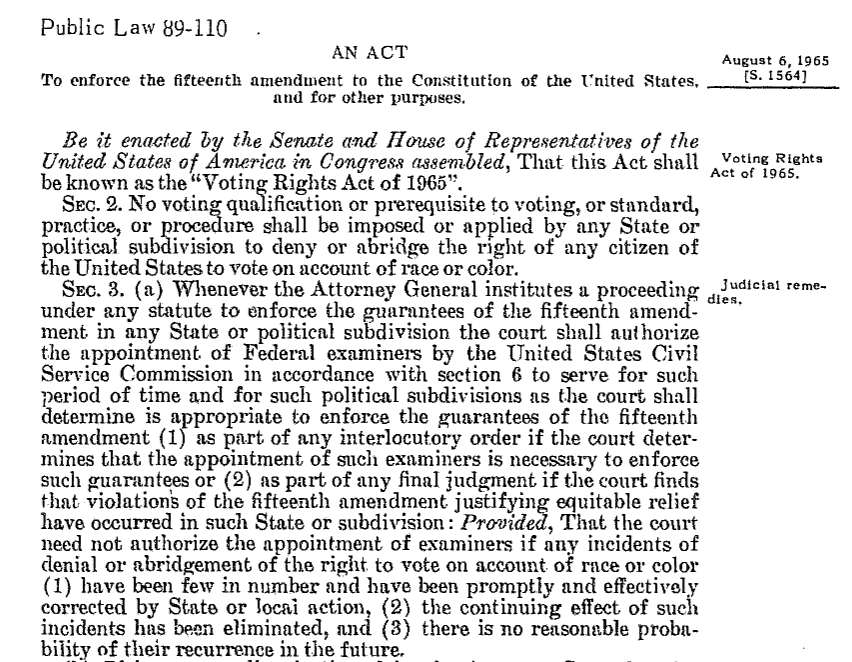
While the use of poll taxes in National Elections ended with 1964’s 24th Amendment, it was the Voting Rights Act of 1964 that empowered the Attorney General to challenge poll taxes in state and local elections. In Harper v. Virginia State Board of Elections, 383 U.S. 663 (1966), the Supreme Court held Virginia’s poll tax to be unconstitutional under the 14th amendment.
Martin Luther King’s short life was full of both struggles and accomplishments. For this year’s MLK Day, it’s good to reflect on the Civil Rights movement, and the voting rights it ensured.

